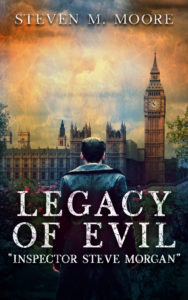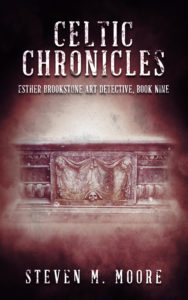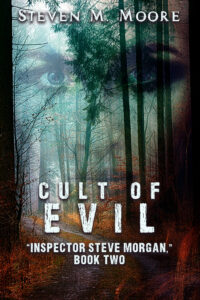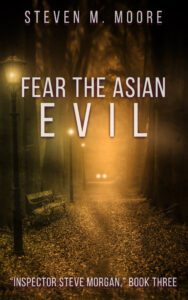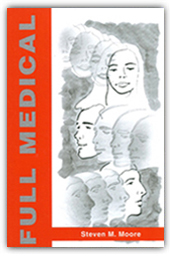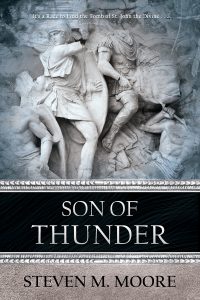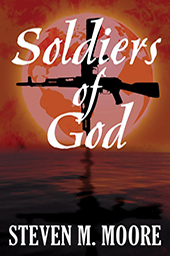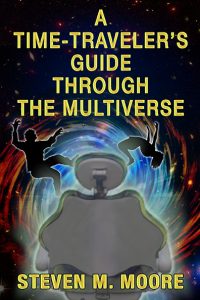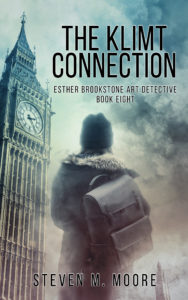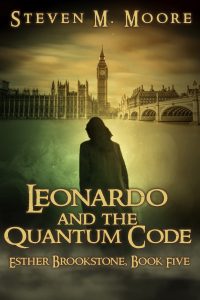Portraying the minority experience…
Wednesday, March 22nd, 2023As a fiction writer, I consider the whole human experience. As an old white guy, some readers might think that I can’t really portray the experience that minorities have in worldwide societies, the good, the bad, and the ugly, but I’ve been around a while and observed human behavior quite a lot (authors should always be observers). My observations have provided me with evidence that minority groups often have a harder time than majorities in any human society.
Because of the events and choices I’ve made in my own life, from growing up in California, the most diverse state in the union, and from years living in Colombia, South America, I’m more familiar with the Asian and Hispanic experiences in the US than I am with the black experience. I’ve considered all three minorities in my stories, though. (I’m ignoring religious minorities in this article, although the interactions between Catholics, Protestants, and other Christian sects, and Jews and Muslims, also have roles in my fiction.)
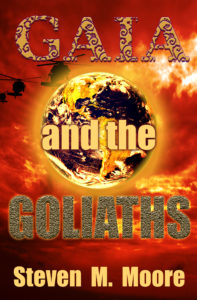 Dao-Ming Chen and Rolando Castilblanco, my two NYPD detectives, are Chinese- and Puerto Rican-Americans, for example, and their ME collaborator, Big Tiny, is black. They first appear in The Midas Bomb, the very first novel in the “Chen & Castilblanco” series, which starts my “future history” timeline, an alternate history of humans (and ETs!) that contains many of my novels and other stories. As that timeline stretches far into the future, less and less is made of minorities and ethnic differences because I’m an optimist who hoped and continues to hope, like MLK did, that, as the decades and centuries pass and human societies mature, variations in human beings will be seen more like a natural, non-controversial, and universal phenomena than something reflecting those artificial and contrived differences that haters and bigots make so much of, often feeding their own paranoia and worse mental illnesses.
Dao-Ming Chen and Rolando Castilblanco, my two NYPD detectives, are Chinese- and Puerto Rican-Americans, for example, and their ME collaborator, Big Tiny, is black. They first appear in The Midas Bomb, the very first novel in the “Chen & Castilblanco” series, which starts my “future history” timeline, an alternate history of humans (and ETs!) that contains many of my novels and other stories. As that timeline stretches far into the future, less and less is made of minorities and ethnic differences because I’m an optimist who hoped and continues to hope, like MLK did, that, as the decades and centuries pass and human societies mature, variations in human beings will be seen more like a natural, non-controversial, and universal phenomena than something reflecting those artificial and contrived differences that haters and bigots make so much of, often feeding their own paranoia and worse mental illnesses.
Current societies, American society among them, now probably cause more pessimism that optimism, though. Will black-on-black snits like Chris Rock-versus-Will Smith’s shocker at the Academy Awards a year ago or like MAGA-maniacal blacks-versus-progressive blacks’ current battles become seen more as just angry differences of opinion? In the US, will we get past going after Asian-Americans, Chinese-Americans in particular, and realize that the pandemic’s spreading worldwide was more due to the incompetence of an autocratic government (China’s) and not its citizens? Will some people in America’s white majority, especially that MAGA crowd, ever stop considering Hispanic refugees and migrants as their enemies? MLK would hope that the answers to these questions could all eventually become “yes!” sooner than later. I see and portray in my fiction a lot more hurdles that societies must jump over, but I’m hopeful and optimistic as well.
Good fiction has to seem real, and our current reality in America and the world at large includes the minority experience. I believe it’s my duty as a fiction writer to portray this reality. Despite what words sent my way by those critics of cultural appropriation to damn me, I will not shirk on my duty of portraying the entire human experience as faithfully as I can. I want my fiction to seem real.
***
Comments are always welcome. (Please follow the rules on the “Join the Conversation” web page. If you don’t, your comment will be considered spam.)
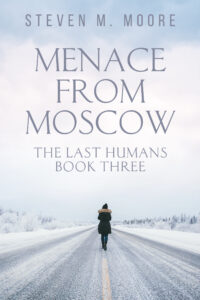 “The Last Humans” trilogy. In the first novel, The Last Humans, Penny Castro surfaces from a forensics dive to find people dead and dying from a bioengineered virus. Her later struggles for survival end by her creating a blended family of other survivors. In A New Dawn, the struggling remains of the post-apocalyptic US government kidnap their children to force Penny and her husband to participate in a mission that will stop the deployment of a more toxic version of the virus. In Menace from Moscow, Penny and her husband must salvage nuclear missiles from an American submarine before the Russians do. Penny’s post-apocalyptic adventures will provide many hours of entertainment for readers of post-apocalyptic thrillers and suspense stories.
“The Last Humans” trilogy. In the first novel, The Last Humans, Penny Castro surfaces from a forensics dive to find people dead and dying from a bioengineered virus. Her later struggles for survival end by her creating a blended family of other survivors. In A New Dawn, the struggling remains of the post-apocalyptic US government kidnap their children to force Penny and her husband to participate in a mission that will stop the deployment of a more toxic version of the virus. In Menace from Moscow, Penny and her husband must salvage nuclear missiles from an American submarine before the Russians do. Penny’s post-apocalyptic adventures will provide many hours of entertainment for readers of post-apocalyptic thrillers and suspense stories.
Around the world and to the stars! In libris libertas!
